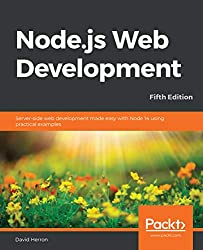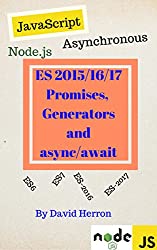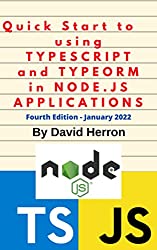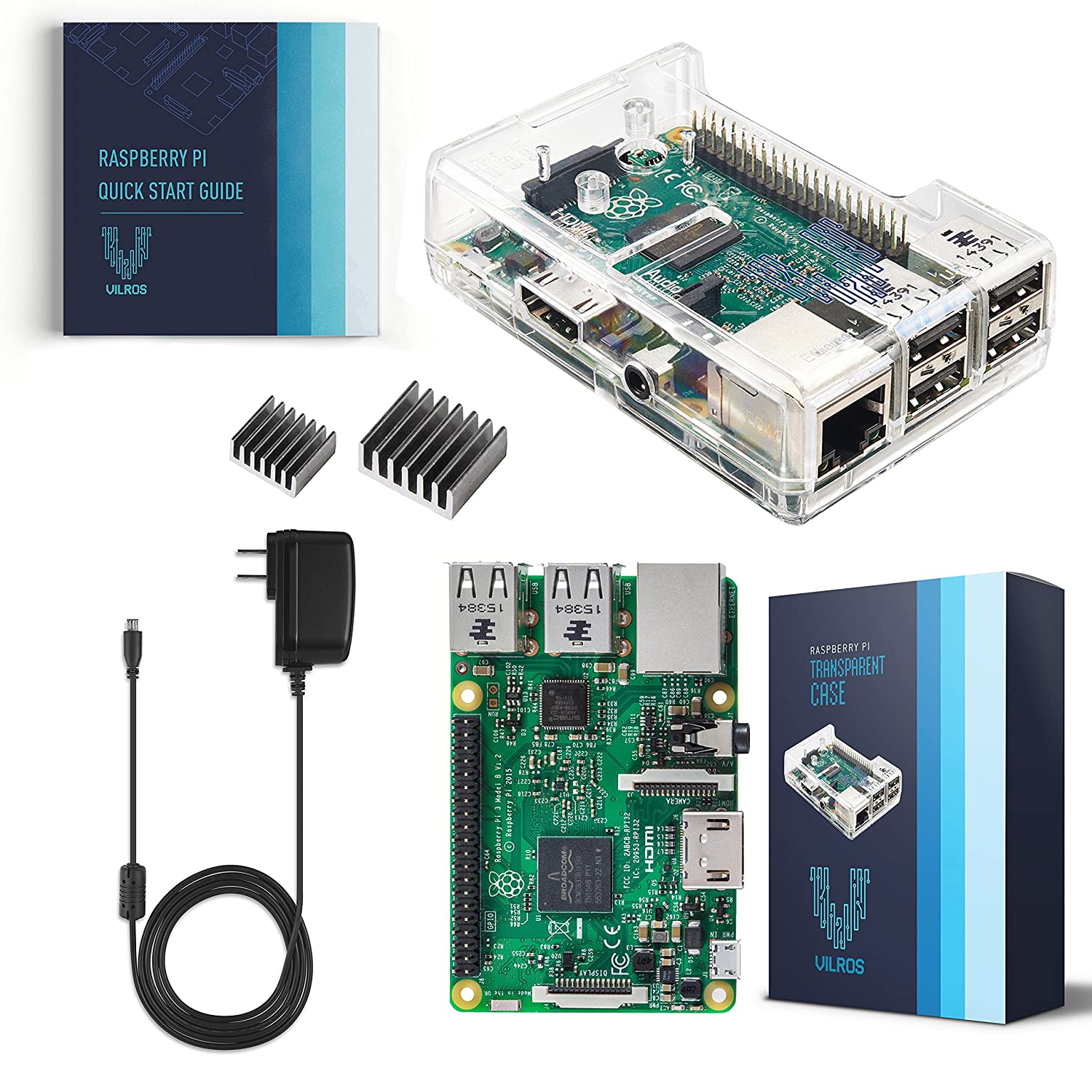; Date: Thu Jul 14 2011
Tags: JavaScript »»»» Node.JS »»»» Joyent »»»»
Recently the primary supporter of Node.js, Joyent, posted a video webinar about "Node.js overview for Carriers". Eric Burns talked about a broad range of services offered by Joyent, features of Node.js, spinning it all around the needs of mobile device carriers. That is, the phone companies who provide mobile device services and run the cell phone networks, not those individuals who carry around mobile devices.

I say "primary supporter" because Joyent employees are the bulk of the core development crew behind Node.js and many of the principle tools and frameworks for Node.js. Joyent is doing a cool thing for us all by supporting Node.js development, but as a business they need to see that investment pay off with additional business, and Joyent does aim to provide hosting services based on Node.js.
Joyent for example offers software and services they call the "Smart Data Center" for building "cloud" infrastructure that are public facing, or private within a corporation.
JoyentCloud.com
Infrastructure as a Service - Platform As A Service - They claim Joyent is a major provider of these services.
Expect there to be 5 billion mobile handsets in the world, shortly. Means runaway data consumption, and consumers expecting more mobile services. Powering the next generation of applications and devices for carriers.
Node was built for data intensive real time applications.
Spawning threads or processes is a heavy weight solution. Node of course has a different approach, event loop with asynchronous software. They claim this gives better utilization of server hardware.
In the webinar they claim JavaScript is the Programming Language of the Web, and by using JavaScript on the server side it lets the JavaScript talent play on the server and not be limited to the browser. This should give great goodness.
The site,
no.de, is claimed to be THE principle Node.js hosting platform.
Ruby on Rails, which was previously the fastest growing web framework, github traffic shows that interest in Node is outstripping interest in Rails.
Direct benefits for mobile devices?
Because of low CPU utilization or efficiency, they're claiming benefits in the device. This is about the HP/Palm use of Node in WebOS rather than server-side use of Node. HP/Palm replaced their old Java stack on the device with Node. Better battery life, lower power consumption.
Also applies to data centers where a more efficient software stack can reduce power utilization in the data center.
A benefit for a mobile device is an on-device smart proxy. It's described as being able to aggregate traffic from the device, sending it over a persistent connection. The proxy can manage high latency connections through the carrier, so that the users experience would be optimized. Also network efficient, and spectrum efficient.














